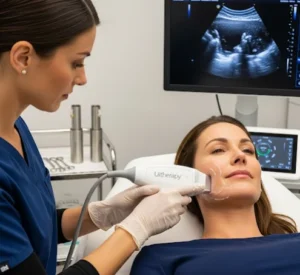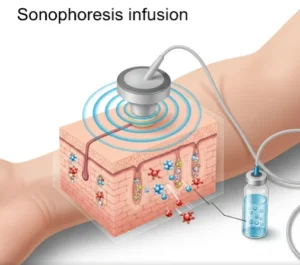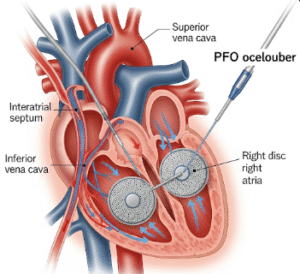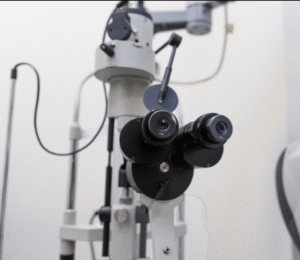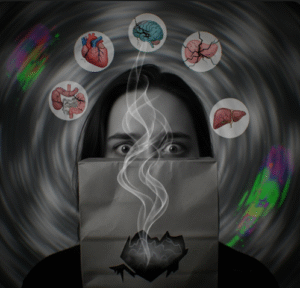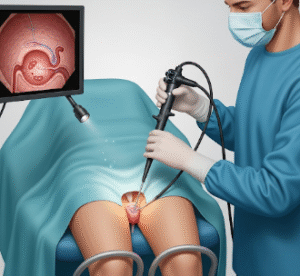Overview
Fetal Alcohol Spectrum Disorder (FASD) refers to a group of conditions caused by alcohol exposure during pregnancy. These conditions include a range of physical, behavioral, and cognitive impairments that affect the child throughout life. In Korea, FASD is increasingly recognized as a serious but preventable public health issue, with growing awareness campaigns to educate expectant mothers on the dangers of alcohol during pregnancy. Korean pediatric and developmental medicine centers offer multidisciplinary treatment approaches, including early intervention, behavioral therapy, and supportive care.
What is Fetal Alcohol Spectrum Disorder?
FASD is an umbrella term for conditions resulting from prenatal alcohol exposure. It encompasses:
- Fetal Alcohol Syndrome (FAS) – most severe, includes facial abnormalities and growth problems.
- Partial FAS (pFAS) – some but not all symptoms of FAS.
- Alcohol-related neurodevelopmental disorder (ARND) – brain development and behavioral issues.
- Alcohol-related birth defects (ARBD) – physical defects in the heart, kidneys, hearing, or vision.
Symptoms
- Distinctive facial features (smooth philtrum, thin upper lip, small eye openings)
- Growth problems (low birth weight, stunted growth)
- Learning difficulties and intellectual disabilities
- Poor coordination and motor skills
- Attention deficits and hyperactivity
- Behavioral problems (impulsivity, poor social skills)
- Hearing and vision issues
- Developmental delays
Causes
- Maternal alcohol consumption during pregnancy
- Timing, frequency, and amount of alcohol intake determine severity
- Lack of prenatal care and nutrition may worsen effects
Risk Factors
- Drinking alcohol during pregnancy (even small amounts can be risky)
- Unplanned pregnancies (delayed recognition of pregnancy while drinking)
- Socioeconomic stressors leading to higher alcohol use
- Cultural and social drinking norms
Complications
- Lifelong cognitive and behavioral challenges
- Increased risk of mental health disorders
- Learning disabilities affecting education and employment
- Higher risk of substance abuse later in life
- Social difficulties and dependency
Prevention
- Complete abstinence from alcohol during pregnancy
- Public health awareness programs for women of childbearing age
- Prenatal counseling and education in hospitals and clinics
- Screening programs to identify at-risk mothers early
- Support groups for pregnant women struggling with alcohol use
Treatment Options in Korea
Diagnosis
- Clinical evaluation of facial features and growth history
- Neuropsychological tests for cognitive and behavioral issues
- Imaging tests (MRI/CT scans) for brain structure assessment
- Prenatal history review (alcohol exposure records if available)
Medical Treatments
- No cure exists, but symptom management is possible:
- ADHD medications (stimulants, non-stimulants)
- Antidepressants or antipsychotics for behavioral issues
- Nutritional supplementation for growth improvement
Behavioral & Developmental Therapies
- Early intervention programs (speech, occupational, physical therapy)
- Special education programs for learning disabilities
- Cognitive-behavioral therapy (CBT) for behavior control
- Social skills training to aid peer interaction
Family & Community Support
- Parental training and counseling
- Support groups for families with FASD children
- Government and NGO-led awareness campaigns in Korea


